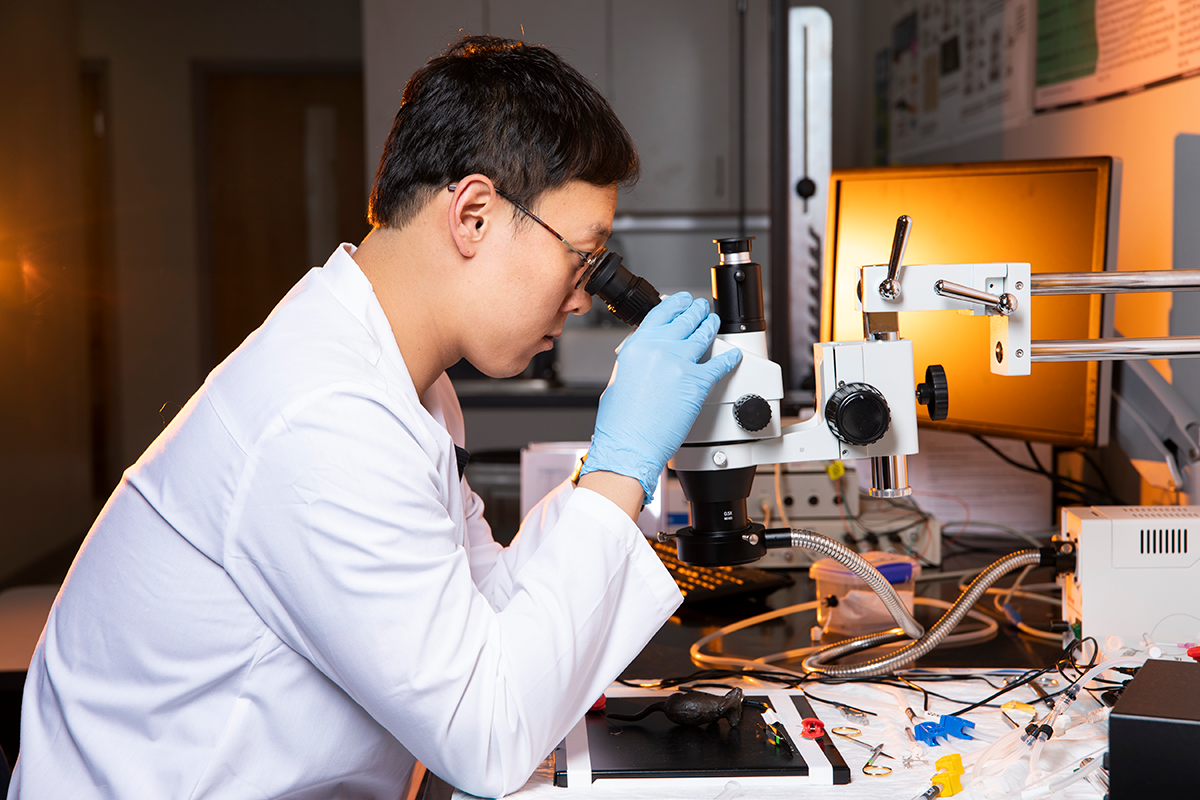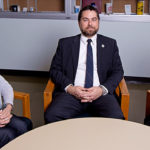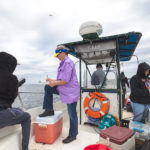Farcast, UWF partner on cancer treatment research program
Farcast Biosciences and the University of West Florida have announced their intent to collaborate on an innovative research program to make cancer treatment more predictable for patients. Studies and research conducted in the program will aid the development of therapeutics, diagnostics or other treatment modalities for precision cancer medicine.

Farcast’s human Tumor Microdynamics (hTMD) platform with its TruTumor human tumor preservation and assaying technology will be used at research facilities at UWF for the research program. “We will provide extensive scientific capabilities and intellectual property for this important collaboration,” said Mohit Malhotra, CEO of Farcast. “More predictability before, during and after cancer therapy development is going to be a win for patients everywhere.”
UWF will provide lab space and personnel for the program. In addition, predictive analytics and advanced expertise will be part of the collaboration to enhance Farcast’s TruSign treatment response biosignature artificial intelligence models. “The partnership will provide an opportunity for several leading UWF faculty and students to jointly work on cutting-edge industry research,” said Dr. Jaromy Kuhl, dean of the Hal Marcus College of Science and Engineering. “We are particularly excited about helping to unlock new secrets by analyzing the vast and dense data the Farcast platform has and will generate.”
The research program enables a nodal lab for Farcast in the southern United States to process tumors prevalent in the local population as it continues to develop its vision of incorporating multi-population, multi-tumor type data into its human Tumor Microdynamics “big data” driven platform. “This lab represents the first one in the U.S. for Farcast; we will be looking to establish another one in the northern region soon,” Malhotra said.
Through this research program and the partnership with UWF, Farcast will conduct studies to improve predictability for lung cancer, ovarian cancer, breast cancers and other solid tumors that represent a disproportionately large disease burden in the country. “The lack of precision treatments, with highly predictable outcomes, increases the disease burden for cancer patients,” said Dr. David Bellar, dean of the Usha Kundu, MD College of Health. “Together with Farcast we hope to offer improved solutions for the future.”



